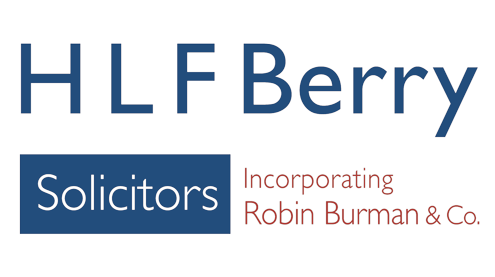What Happens When You Receive Divorce Papers?
Receiving divorce papers is almost always stressful, whether expected or not – and the big question is what happens next?
The arrival of divorce papers or a divorce petition marks the beginning of the divorce process and you need to take the next step as ignoring the petition won’t make it go away.
The Respondent And Petitioner
When you receive the divorce petition, you are referred to throughout the divorce proceedings as the respondent. Your spouse will be known as the petitioner.
Acknowledgement of Service
As the respondent, you are given 7 days to complete and return the divorce Acknowledgement of Service to the court.
The Acknowledgement asks various questions that you need to answer in detail and honesty. If you’re unsure on any of the questions, seek professional legal advice as the replies you give will influence how the divorce proceedings go.
As a guide, the Acknowledgement will ask questions such as:
- Have you received the divorce petition?
- On which date and at which address did you receive the petition?
- Are you the person named as the respondent in the petition?
- Do you agree with the ground for jurisdiction set out in the petition? If not, please state why you disagree.
- Do you intend to defend the case?
- Even if you do not intend to defend the case, do you object to paying the cost of the proceedings? If so, on what grounds?
What Happens Next?
Once the Acknowledgement is completed, you can choose to:
- Acknowledge the divorce
You do this by completing the Acknowledgement to confirm you are fine with the divorce proceeding and do not intend to defend the divorce. Your partner can then apply for Decree Nisi. - Defend the divorce
You do this by completing the Acknowledgement to confirm you intend to defend the divorce. You then need to complete a Form D8B within 21 days of filing the Acknowledgement, stating why you disagree with the divorce. The court will then list this for a hearing and you will need to pay a further court fee.
Should You Agree To Or Defend The Divorce?
If you are content with the divorce going ahead and the reason for divorce, simply agree to the divorce by completing the Acknowledgement.
If you agree to the divorce but not to the reason, you should not defend the divorce. Instead, complete the Acknowledgement to say you disagree with the reason given for the divorce but you are content with the divorce proceeding.
However, if your spouse has filed for divorce based on adultery or 2 years separation, then you would need to admit to adultery or agree to the divorce based on 2 years separation before the divorce could go ahead.
It is always best to seek professional legal advice before completing the Acknowledgement of service. This is because the commencement of divorce proceedings can have implications extending beyond the termination of the marriage relating to finances and/or the arrangements for any children of the family.
Making The Divorce Process As Smooth As Possible
If you’ve received divorce papers but are feeling unsure about how best to respond or would like some professional advice before replying, our specialist divorce lawyers are here to help and support you through this difficult time.
Your spouse has a number of options to proceed with the divorce even without your Acknowledgement so it is best to seek legal advice and address the petition.
We can assist with the filing of the Acknowledgement as well as provide experienced and bespoke advice on the best course of action, based on your individual circumstances. Should you decide to agree or to defend the divorce, we will support you throughout the proceedings to ensure the best possible outcome for you.
To speak to one of our professional solicitors about the divorce process or how to respond to receiving a divorce petition, please contact us at our Chorlton office on 0161 860 7123 or email chorlton@hlfberry.com or at our Failsworth office on 0161 681 4005 or email failsworth@hlfberry.com






